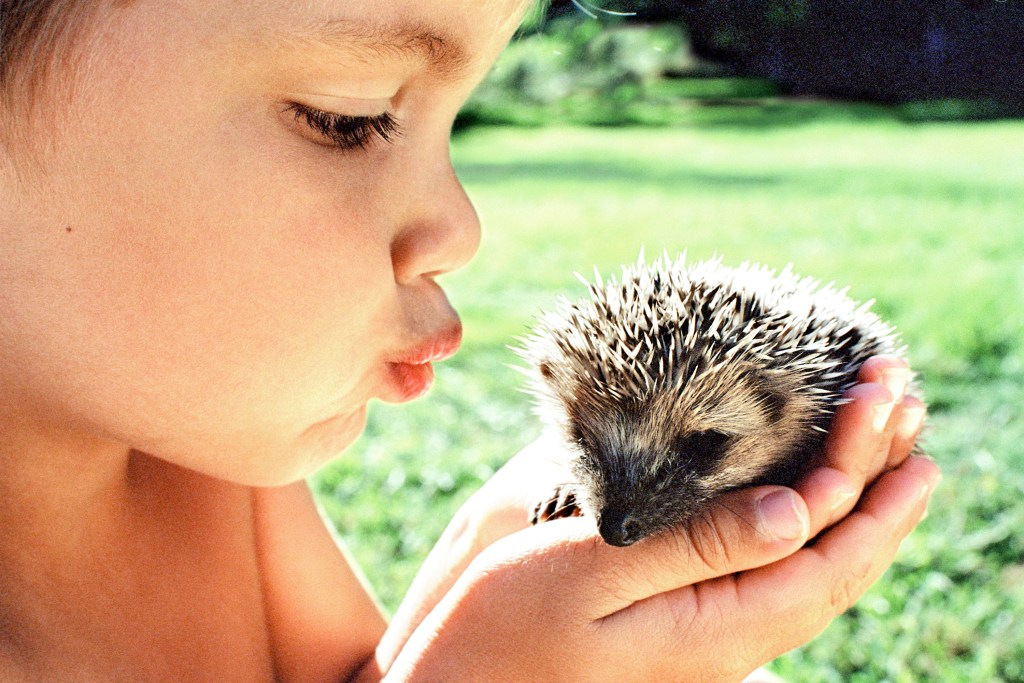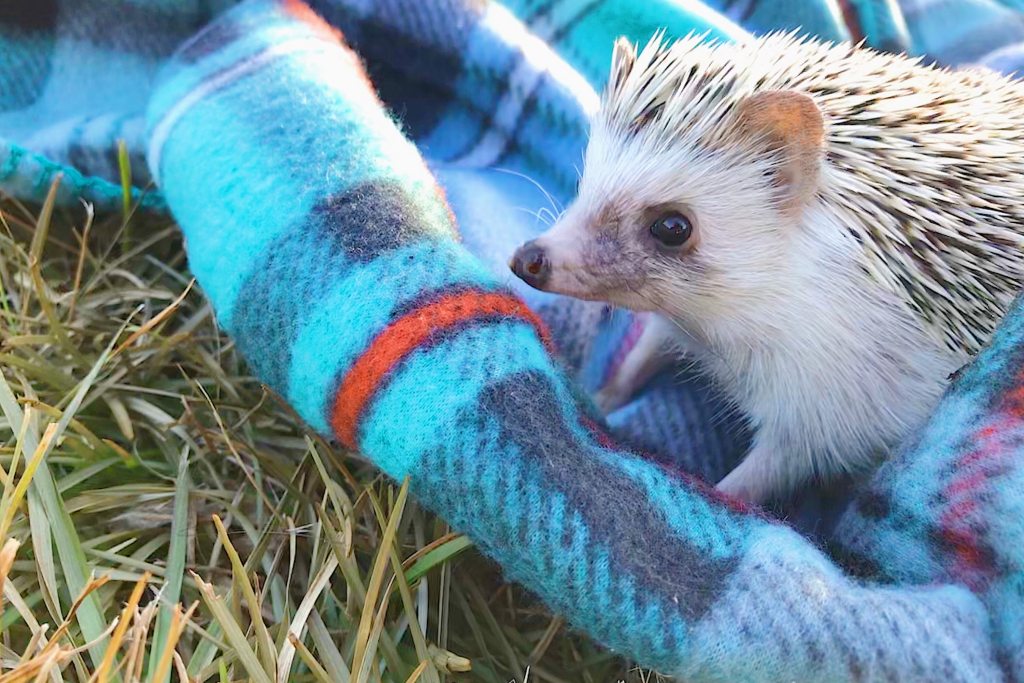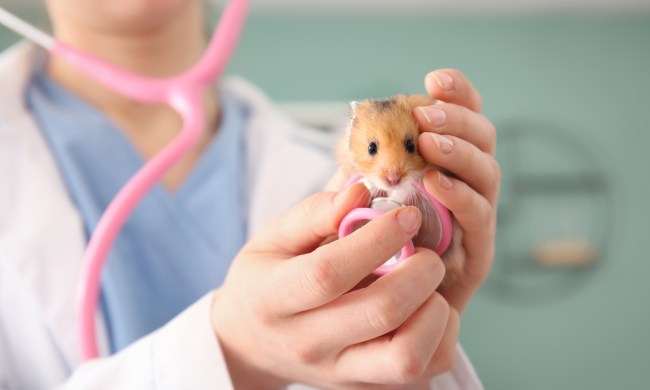The best word to sum up hedgehogs: Instagrammable. These cuties have positively taken over the internet and social media as brand ambassadors, influencers, and viral pick-me-up video stars. But, like so many famous animals to come before them, there’s a lot more that goes into hedgehog keeping and breeding than posing them in cute hats.
As Noelle Mateer noted in “Looks that Quill,” hogs are one of the more difficult pets to care for and can come with a number of health issues, made worse by some unethical breeding practices. Still, if you’re committed to raising hedgehogs as pets, we get it! Research them first, so you know what you’re getting into and can create a loving and successful bond with your little guy.

Check your laws
You might think by looking at them that we could lump pet hedges in with rabbits and hamsters, but that’s not how the law sees it. Many states, and even some cities, have rules against exotic pets, which will likely include these precious spiny balls of love. In some cases, it’s more than just preventing residents from owning them; you can’t even bring a hedgehog when passing through. “Pennsylvania is the scariest word you can say to an American hedgehog lover,” says Mateer. Know your local restrictions, check with your HOA or apartment rules, and thoroughly look into any places you may travel to before choosing this companion.
Find an exotic pet vet
If you have other critters in the home, you may already have a veterinarian on call, but that doesn’t mean she’s equipped to care for your newest addition. Only certain vets will see exotic pets, and those professionals may be scarce in your area. We recommend getting in touch with someone before you bring home your pet, although your local breeder or rescue group may have some suggestions too.
Watch for signs of illness
Sadly, part of the reason you need a good vet is that hogs may have some underlying health conditions. Mateer states that about 50% of hedgehogs have tumors by the time they’re a few years old, and that’s not the only affliction they can have. Watch out for wobbly hedgehog syndrome, which is likely genetic and can’t really be cured. Discuss your animal’s parents before selecting him to see what their health has been like. Hedgehogs also come down with the usual ailments (such as worms) that can be cured provided you have a good pet doctor to help you.

Prepare for their care needs
Try to head off any sickness at the pass by taking really good care of your new creature. For starters, he needs lots of exercise and space to move around. As with a hamster, you can install a wheel to keep him running (and follow other happy joggers). Because your small pet is almost certainly an African pygmy hedgehog, he likes it warm but not too hot. Get a heating lamp and thermometer to maintain the right temperature, around 75 degrees. This species needs lots of protein, which they mostly get from bugs in the wild. While you can definitely give them some insects, most owners choose to provide commercial food supplemented with some fruits and veggies or cooked eggs.
Get ready for the hours
Your new hedgehog will stay up much of the night, possibly cruising on his new wheel. That means he’s loud late and needs to eat after your dinner time. Additionally, you’ll want to devote some attention and playtime to him in the evening hours as well. If nighttime doesn’t work for you, skip the hogs and go for a diurnal four-legged friend. Hedgehogs also prefer the solitary life, and that, combined with the unusual hours, means it might take some time to bond. Once you do though, you can get right to taking those adorable pics and dressing in matching outfits.
Final thoughts on hedgehogs
Do you still really want a hedgehog? There’s one thing you can do with a clear conscience: rescue one! Because many owners don’t understand what really goes into care, some hogs are abandoned early on, even as babies. Find a local organization or shelter that takes exotic pets and put yourself on the list. Then start getting ready. By over-preparing for his arrival, you won’t run into some of the issues that have caught others unawares. Buy everything you’ll need in advance and set aside vet money (you’re gonna need it). Then read up on your critter, and yes, follow those trending sweeties. Remember, there’s a whole community of hedgies out there to help you on your journey.



